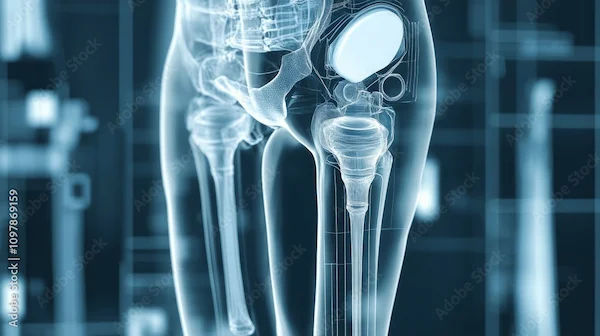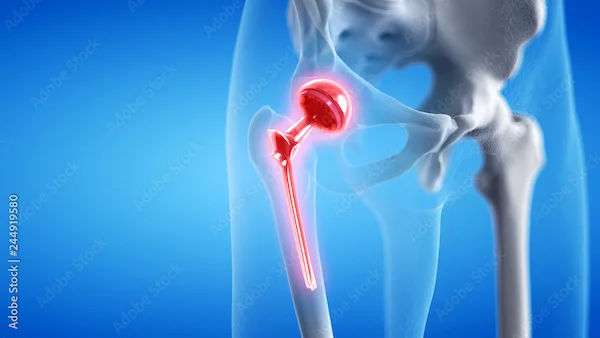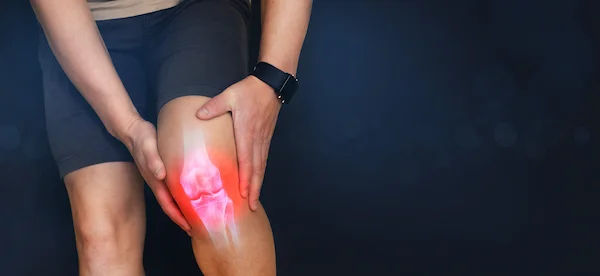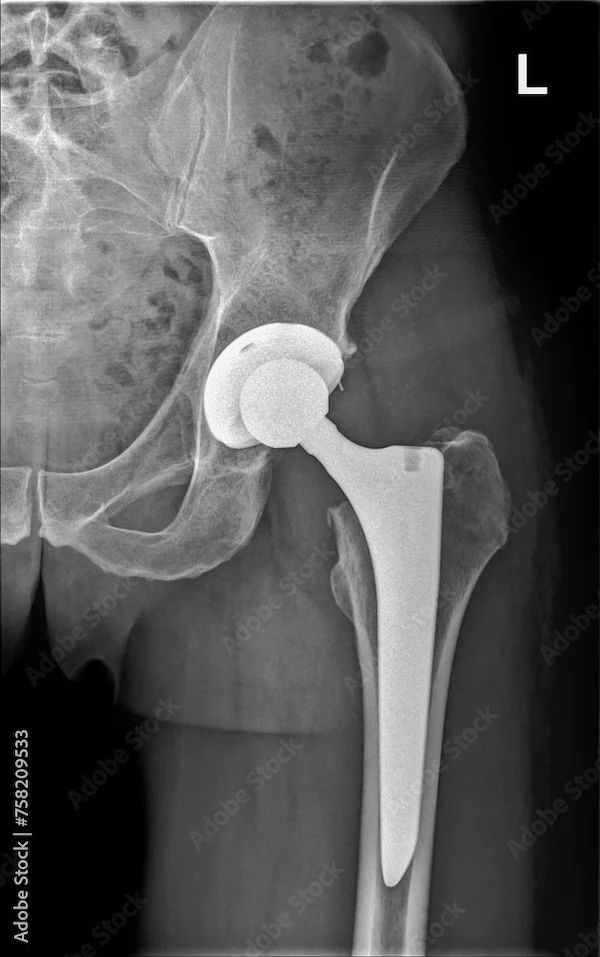Reduce Swelling After Hip Replacement Surgery
Discover effective ways to reduce swelling after hip replacement surgery. Learn practical tips and natural remedies to support healing, improve mobility, and enhance recovery.

Written by Dr.Sonia Bhatt
Last updated on 17th Jul, 2025
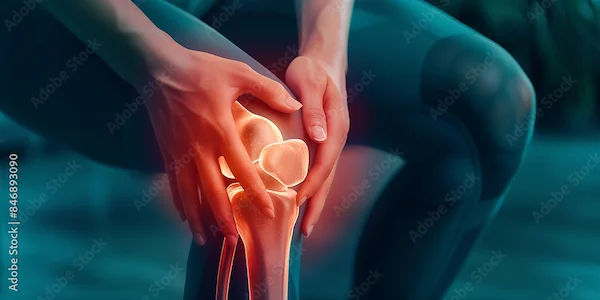
Introduction
Hip replacement surgery is a common procedure that helps relieve pain and improve mobility for people with severe arthritis or hip injuries. While the surgery can be life-changing, swelling afterwards is a normal part of the healing process. However, excessive swelling can cause discomfort and slow down recovery. In this article, we’ll discuss why swelling happens, how to manage it, and simple tips to speed up your recovery.
Why Does Swelling Happen After Hip Replacement Surgery?
Swelling is your body’s natural response to surgery. When tissues are cut or moved during the procedure, fluid builds up in the area to help with healing. While some swelling is expected, too much can lead to stiffness, pain, and difficulty moving.
Common Causes of Swelling After Surgery
The common causes of swelling after surgery are:
Inflammation: Your body sends extra blood and fluids to the surgical site to repair tissues.
Reduced movement: Sitting or lying down for long periods can slow circulation, leading to fluid buildup.
Blood clots: Though rare, deep vein thrombosis (DVT) can cause swelling and requires medical attention.
Consult Top Specialists for Personalised Tips
How Long Does Swelling Last After Hip Replacement?
Swelling usually peaks within the first 3-5 days after surgery and gradually decreases over 4-6 weeks. However, some mild swelling may persist for a few months, especially if you’re active.
If swelling suddenly increases or is accompanied by severe pain, redness, or warmth, contact your doctor immediately. These could be signs of infection or a blood clot.
Effective Ways to Reduce Swelling After Hip Replacement
Some of the effective ways to reduce swelling after hip replacement are:
1. Follow the R.I.C.E. Method:
Rest: Avoid overexertion; give your body time to heal.
Ice: Apply an ice pack (wrapped in a cloth) for 15-20 minutes every 2-3 hours to reduce swelling and pain.
Compression: Wear compression stockings to improve blood flow and prevent fluid buildup.
Elevation: Keep your leg raised (above heart level) when sitting or lying down to help drain excess fluid.
2. Stay Active (But Don’t Overdo It)
Gentle movement helps circulation and prevents stiffness. Follow your doctor’s advice on exercises, such as:
Ankle pumps (moving feet up and down)
Short walks (with support if needed)
Physical therapy exercises
3. Stay Hydrated & Eat a Balanced Diet
Drink plenty of water to flush out toxins.
Eat foods rich in protein (for tissue repair), vitamin C (for healing), and potassium (to reduce water retention).
4. Avoid Sitting or Standing for Too Long: Change positions often to keep blood flowing. If sitting, take short walks every hour.
5. Take Medications as Prescribed
Pain relievers and anti-inflammatory drugs (like ibuprofen) can help reduce swelling.
Blood thinners may be prescribed to prevent clots.
6. Use a Cane or Walker if Needed: Avoid putting too much weight on your new hip until your doctor approves.
When to See a Doctor?
While swelling is normal, contact your doctor if you notice:
Sudden increase in swelling
Severe pain or redness
Warmth or fever (could indicate infection)
Difficulty breathing (possible blood clot)
If you experience any of these symptoms, consult a specialist immediately.
Conclusion
Swelling after hip replacement surgery is common, but with the right care, it can be managed effectively. By following these tips, resting, icing, staying active, and eating well, you can speed up recovery and get back to your daily activities sooner. If you have concerns about your recovery, don’t hesitate to reach out to your healthcare provider. Wishing you a smooth and speedy healing process!
Consult Top Orthopaedic Surgeon
Consult Top Specialists for Personalised Tips
Dr. Mandar Borde
Orthopaedician
12 Years • MBBS, MS (Orthopedics)
Pune
DR. BORDE CLINIC, Pune
(50+ Patients)

Dr. Aniruddha Deshmukh
Orthopaedician
10 Years • MBBS, Dip (Orthopaedics), DNB (Orthopaedics)
Pune
Dr. Aniruddha's advance ortho and polyclinic, Pune

Dr. Manoj Dinkar
Orthopaedician
15 Years • MBBS, Dip (Orthopaedics)
New Delhi
THE DOCTORS NESST, New Delhi

Dr. Gaurav Prakash
Orthopaedician
12 Years • MBBS, Diploma in Orthopaedics, DNB (Orthopaedics)
Delhi
Max Super Speciality hospital, Delhi
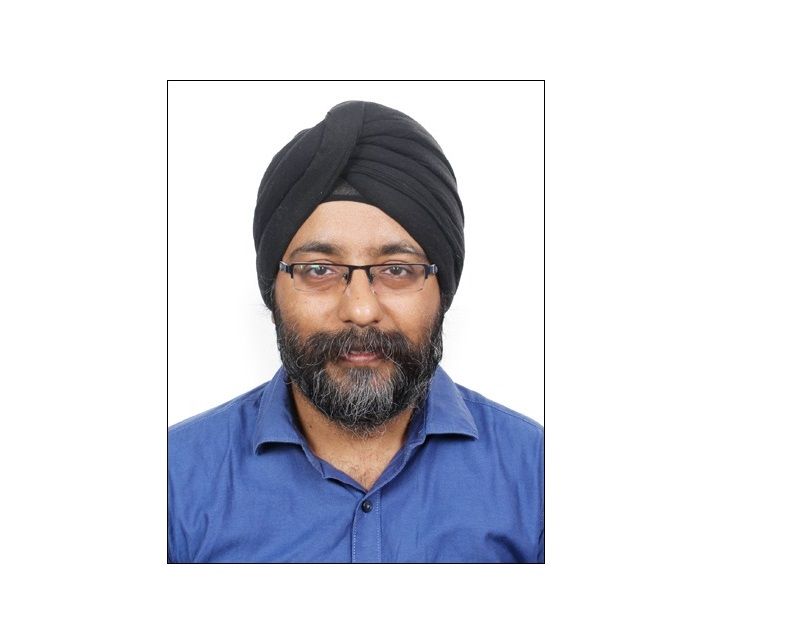
Dr. Amandeep Singh Narang
Orthopaedician
11 Years • MBBS, DNB
Delhi
APOLLO FAMILY CLINIC, Delhi
Consult Top Orthopaedic Surgeon
Dr. Mandar Borde
Orthopaedician
12 Years • MBBS, MS (Orthopedics)
Pune
DR. BORDE CLINIC, Pune
(50+ Patients)

Dr. Aniruddha Deshmukh
Orthopaedician
10 Years • MBBS, Dip (Orthopaedics), DNB (Orthopaedics)
Pune
Dr. Aniruddha's advance ortho and polyclinic, Pune

Dr. Manoj Dinkar
Orthopaedician
15 Years • MBBS, Dip (Orthopaedics)
New Delhi
THE DOCTORS NESST, New Delhi

Dr. Gaurav Prakash
Orthopaedician
12 Years • MBBS, Diploma in Orthopaedics, DNB (Orthopaedics)
Delhi
Max Super Speciality hospital, Delhi

Dr. Amandeep Singh Narang
Orthopaedician
11 Years • MBBS, DNB
Delhi
APOLLO FAMILY CLINIC, Delhi
.webp)
